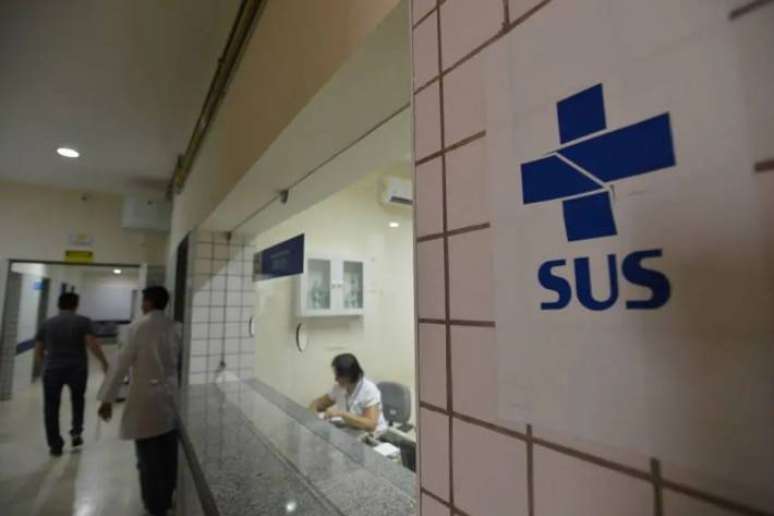Billionaire Microsoft founder releases text highlighting SUS and its ‘transformative impact’
Bill Gatesfounder of Microsoft, published a text this Tuesday 12th in which he praises Brazil’s public healthcare system and even states that the rest of the world could learn from this country.
“In about three decades, Brazil has reduced maternal mortality by nearly 60 percent, reduced under-five child mortality by 75 percent – far outpacing global trends – and increased life expectancy by nearly a decade. None “These findings were accidental. they are the result of long-term investments that Brazil has made in its primary healthcare system, from which other countries can learn and emulate,” he wrote in the article Lifesaving lessons from Brazil.
In the text, the billionaire stresses that he has been “a big fan of Brazil for a long time” and recalls the first time he was in the country, in 1995, when Microsoft was still developing its operations here to launch home banking.
“Some of my favorite family trips have been to the Amazon, whose river, basin and rainforest often come up in conversations about climate change. But it wasn’t until I started working in public health that I began to appreciate how much How impressive is the country’s track record in this area and how much the rest of the world could learn from it.”
The creator of Windows highlights the Unified Health System (SUS), created by the Federal Constitution of 1988 and which guarantees complete, universal and free access to the entire population of the country. “Over the next decade, deaths from non-communicable diseases, maternal, neonatal and nutritional causes began to decline and life expectancy to increase. As primary healthcare services increased, hospitalizations also decreased.
Bill Gates’ praise extends mainly to the program of community health agents, i.e. professionals who work mainly in remote areas. The entrepreneur recalls that over 286 thousand agents serve almost two thirds of the population, around 160 million people, offering health and hygiene advice, promoting preventive care and accompanying medical visits.
“They serve as a gateway to the largest free and universal public health system in the world, and their impact has been transformative. They are credited with further reducing child mortality and bringing vaccination coverage to near-universal levels,” says Gates .
The billionaire also praises the Bolsa Família program and its role in reducing poverty in the country: “I was able to learn about these initiatives through the Gates Foundation’s partnership with the Brazilian Ministry of Health, which focuses on fighting malaria, improving production of vaccines, leveraging local brainpower to address global health problems, and documenting the impact of health and social programs through data science. And I was really impressed.”
Without forgetting the financial crises that led to cuts in healthcare spending, the billionaire underlines that “the Brazilian healthcare system does not need to be perfect to demonstrate what happens when a country strategically invests in the care of the most vulnerable: the returns are often far-reaching and life-changing.
Source: Terra
Ben Stock is a lifestyle journalist and author at Gossipify. He writes about topics such as health, wellness, travel, food and home decor. He provides practical advice and inspiration to improve well-being, keeps readers up to date with latest lifestyle news and trends, known for his engaging writing style, in-depth analysis and unique perspectives.





![Such an excellent sun in advance: Summary of the Episode of September 5, Friday [SPOILERS] Such an excellent sun in advance: Summary of the Episode of September 5, Friday [SPOILERS]](https://fr.web.img4.acsta.net/img/f9/b9/f9b9cf53bd52b23971b9e83b3d6a8e5b.jpg)



